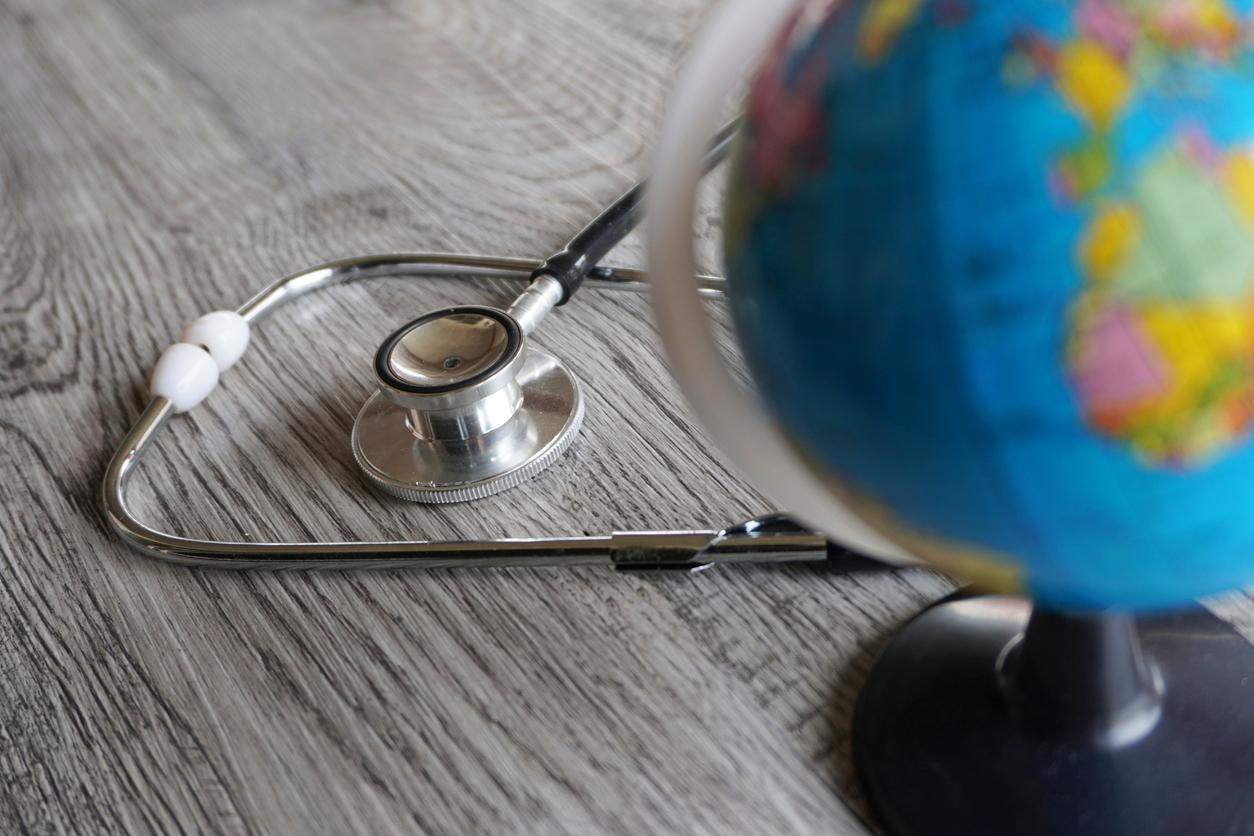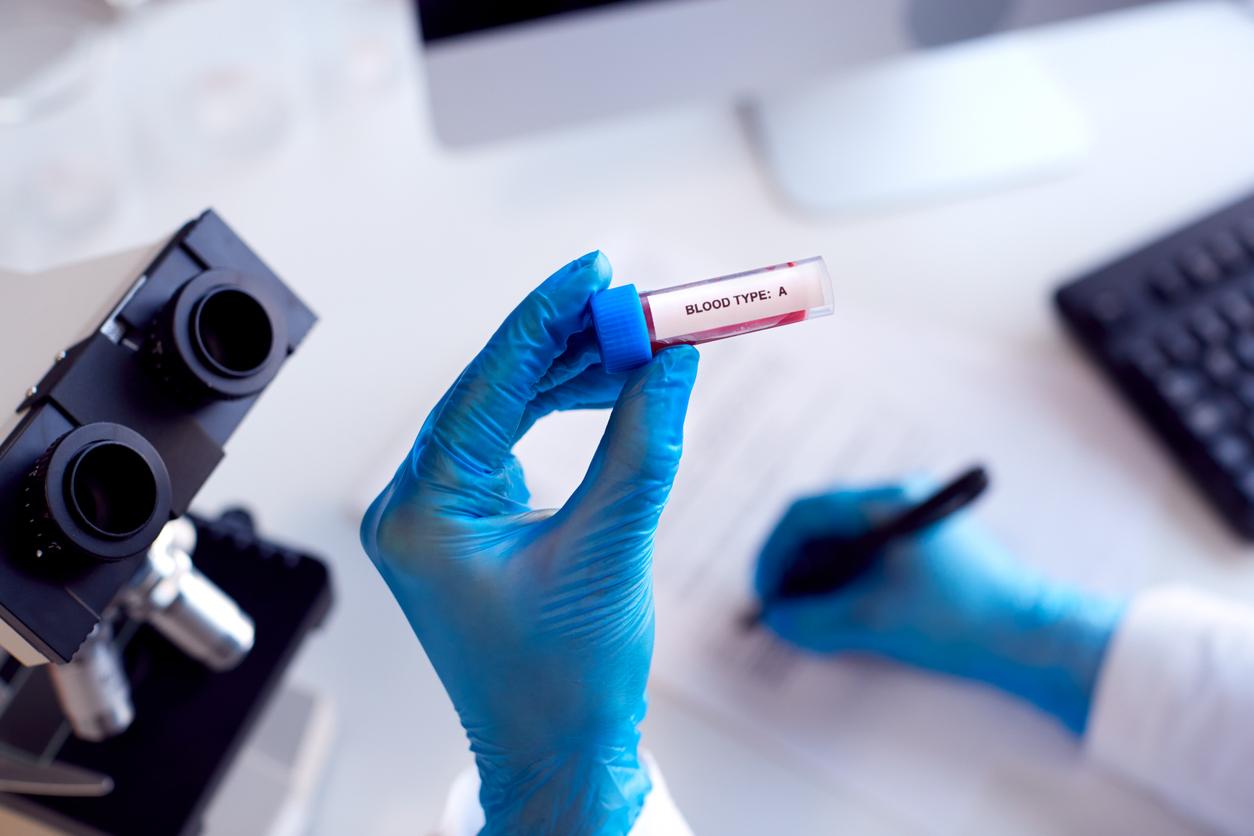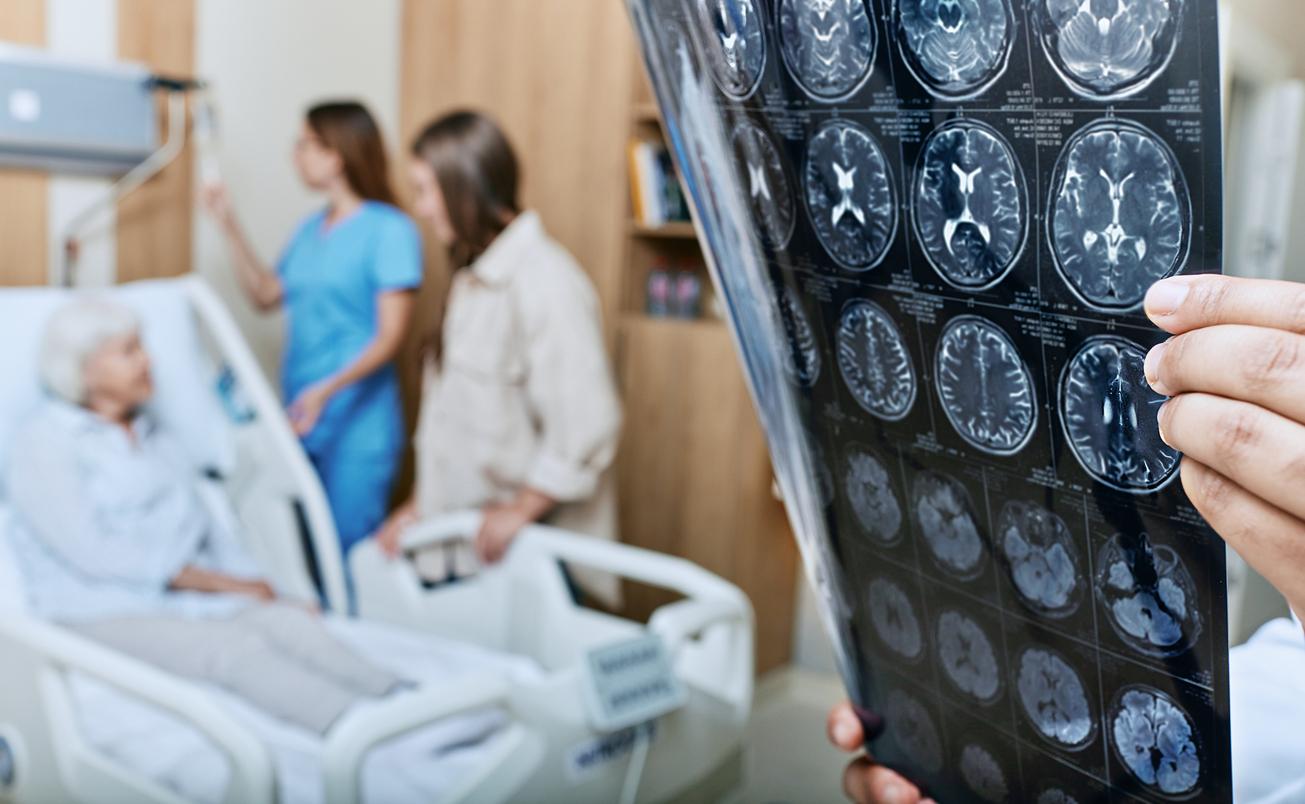The debate on the daily intake ofaspirin in the prevention of cardiovascular diseases and cancer is once again at the heart of scientific debate.
Researchers studied aspirin prescriptions from 119 doctor’s offices between 2008 and 2013. The Food and Drug Administration (FDA) advises against taking aspirin regularly to prevent heart attacks in people who have never had a problem cardiovascular. The American Medicines Agency justifies this warning by the risk of hemorrhage of the stomach or the brain that this could cause. Indeed, for healthy people, the benefits of aspirin have not been scientifically demonstrated on the cardiac level, unlike the haemorrhagic danger, insists the American agency. If the cardiovascular risk at 10 years is less than 6%, it is useless to prescribe aspirin.
The results of the study reveal that in 12% of cases, patients consume it.
“Healthcare professionals should consider whether the risk of bleeding outweighs the potential benefit of treatment in patients who do not meet recommendations,” explain the study’s researchers.
“Since aspirin is freely available, educating patients and the public against the consumption of aspirin without medical advice will also play a key role in avoiding these misuses”, underlines Ravi Hira, cardiologist and author of the study.
In France, the Haute Autorité de Santé (HAS) recommends reserving the prescription of aspirin for secondary prevention, that is to say in people who have a high risk of heart disease.
Read also:
Aspirin would reduce the risk of intestinal and stomach cancers
Aspirin after 65 to ward off cancer and stroke
Aspirin reduces the risk of colon cancer by 50% only in some cases


















